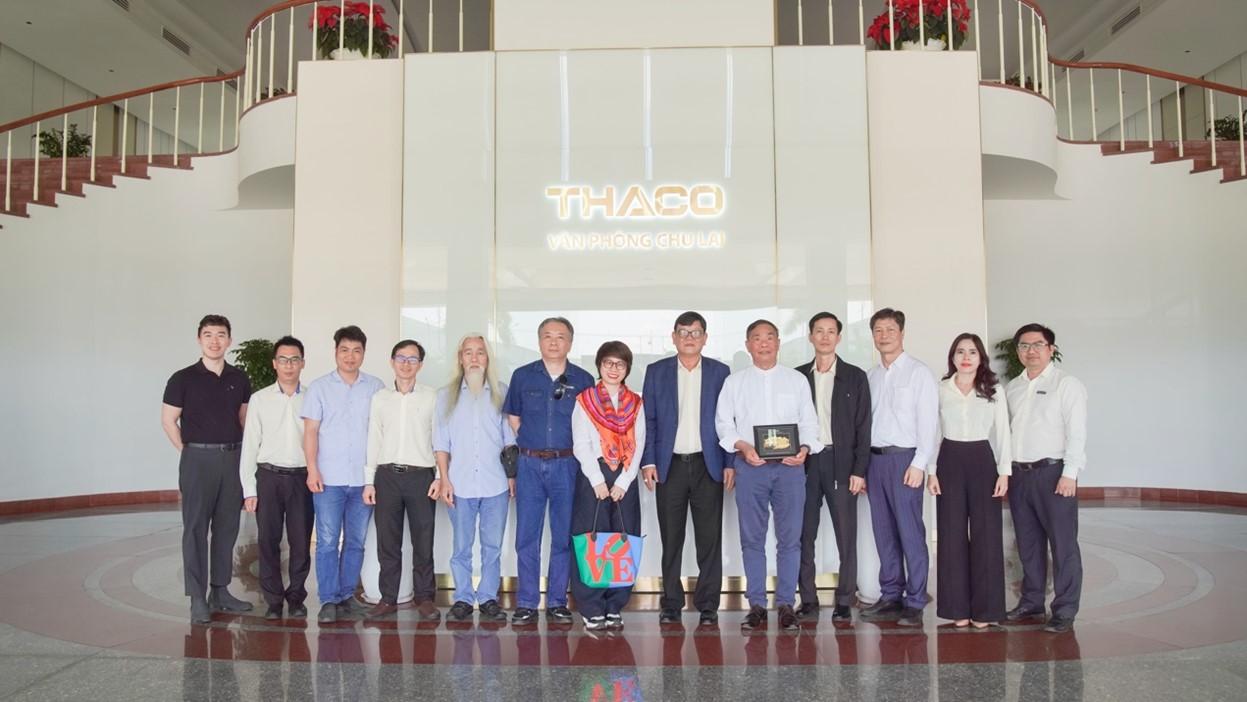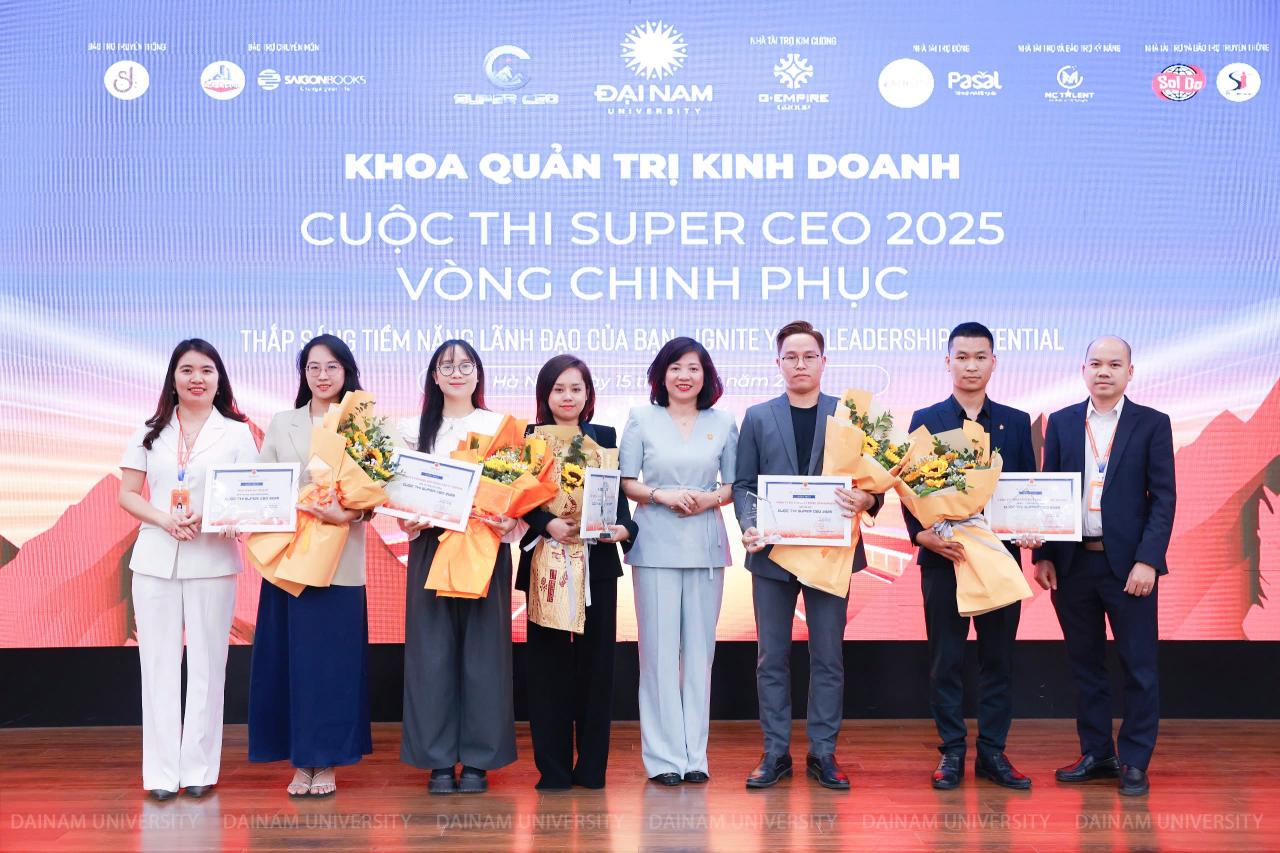Concerns about human resources in the tourism industry
Posted date 08/01/2016
2.638 view

The recent increase in the number of international tourists is a good sign for Vietnam Tourism, but also raises concerns about human resources in this "smokeless industry".
Recently, the growth rate of Vietnam's tourism industry has been quite positive. The increasing number of international tourists is a good sign for Vietnam's tourism , but also raises concerns about the issue of human resources in this "smokeless industry".
Big challenge in human resources
The main concern of the tourism industry is the quality and efficiency of services, so human resources are considered the most valuable assets, directly affecting the business performance of enterprises as well as the sustainable development of the industry. Training human resources according to social needs and current international integration trends is always given special attention by all tourism businesses.

According to experts, the biggest challenge of Vietnam's tourism industry is the professionalism of the service providers, including: service style, attitude, professional skills, foreign language proficiency, professional ethics and community responsibility. Professional service quality according to international standards is a necessary factor for sustainable development and competition with countries in the region as well as globally.
In today's market, domestic and foreign tourists have high demands on the tourism services they pay for. To meet the demands of tourists, service providers are forced to continuously improve their style, skills and ethics to achieve regional and international professional standards.
To have professional human resources requires a detailed human resource development strategy and a link between trainers, the State and enterprises. However, the State's human resource development strategy is slow to implement and lacks strict control. Investment policies and budgets for talent development still have many barriers and difficulties. Meanwhile, tourism businesses have not received support and participation in sponsoring talent development strategies. Currently, training facilities have not met the needs of enterprises . Tourism students believe that training courses lack practicality. Training programs and methods do not focus much on soft skills and personality development while these are essential for effective work performance. Some large travel companies have programs to recruit excellent students from prestigious universities, but when they are recruited, enterprises still have to retrain them to meet actual needs. As a result, the middle and senior management resources are limited in leadership capacity. Training artisans, directors and other senior management positions... has not received much investment. The knowledge and skills of primary human resources are not enough to meet actual needs, resulting in a lack of confidence when working in an international environment.
Nowadays, tourists’ awareness and demands are increasing . Travel staff with only basic knowledge of tourism will find it difficult to satisfy them. Moreover, tourism products cannot be monotonous but must be increasingly diverse so that tourists can have unforgettable experiences, absorb the beauty and culture of the destination conveyed by travel staff .
The foreign language proficiency of tourism staff is also a major challenge for the industry. According to the General Department of Tourism , currently in Vietnam, 32% of workers directly serving the tourism industry know English, only 3.2% know French and 3.6% know Chinese. In fact, a significant proportion of the foreign tourist market needs tour guides who are fluent in foreign languages, especially German, Japanese and Korean. If we cannot find specialized workers with sufficient foreign language proficiency to meet this need, we will waste a potential market.
Read more: Human resources in the information technology industry when integrating into the ASEAN economic community
Which direction to develop Vietnam's tourism industry?
The new era with great challenges opened by the ASEAN Economic Community (AEC) and the upcoming Trans-Pacific Partnership (TPP) Agreement forces the Vietnamese Government to pay special attention to the issue of tourism human resources if it wants to develop this industry sustainably. It is thought that Vietnam should establish a "Hotel Human Resources Association" or "Human Resources Development Board" to study the potential of tourism human resources, thereby developing sustainable human resources according to the strategy of creating consistency between the three labor groups: general management team, management team according to economic operations and direct service-providing labor team.
In particular, the general management team of the Tourism Enterprise is standardized and improved in leadership capacity, planning sustainable Tourism business strategies to diversify Tourism products and services and enhance competitiveness domestically and internationally. The managers also do not forget to raise awareness and contribute to environmental protection, professional ethics, actively cooperate with training institutions, create opportunities for students to practice and intern to contribute to human resource development.
As mentioned, Tourism is a service industry that plays an important role in many aspects: economic, political, cultural, social and environmental. The service objects of the Tourism industry are people from many regions, many different countries with different levels of understanding and cultures. Therefore, it is indispensable to have a workforce with basic and quality training. Accordingly, the management team according to economic operations needs to:
(1) Forecasting training needs;
(2) Orientate a reasonable training structure for business professions in Tourism , avoid the imbalance of labor supply and demand in the market, create a synchronous structure from service staff, skilled workers, to business managers, industry managers... in appropriate proportions;
(3) Closely monitor the development of training content and quality, raise awareness that training human resources for the tourism industry is the career of the entire industry. In addition, there needs to be adequate investment in finance, facilities, teaching equipment, linking schools with practical facilities, linking theory with practice in training...
The staff directly providing services to customers must be proficient in both knowledge and skills to satisfy domestic and international tourists. It can be said that when paying for a tourism product , tourists want to reap the values of truth - goodness - beauty. The person who brings that value to the service is none other than the tourism industry staff . Therefore, they must be the ones who know how to find and appreciate beauty and at the same time inspire beauty for tourists . If the person directly providing the service does not study hard, is passionate about discovery, loves to seek new things, perfects himself and his skills, it will be difficult to meet these requirements. In addition , tourism staff also cannot lack life skills including: the ability to use common business tools and technology, manage and resolve conflict situations.
According to baokhanhhoa
Latest article
View all Posts
Related articles
See all related Articles







